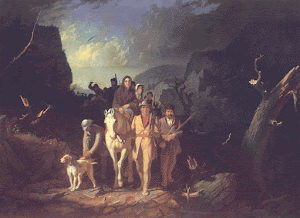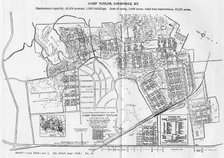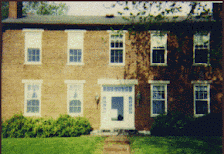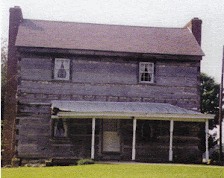764. On activism, or "Who is my neighbor?, He who showed mercy."
- The readings today were Saint Luke's version of the Good Samaritan story which asks "Who is our neighbor?" and answers "He who showed mercy." followed by Jesus's prompt to "Go and do likewise." Doing likewise is different things for different people.Much to the chagrin of several of my liberal-activist friends, I'm not the ideal activist. The truth is I'm not much of an activist at all. I have firm beliefs and convictions and other than trying to get people to vote for one candidate over another (because I think she or he better represents my beliefs and convictions), you will not find me in the front rows of protests or the front pews at church. I stand or sit in the back, content with my beliefs, in the fervent hope that others will see the wrongs of their beliefs and after an epiphany come to agree with me. I know it isn't very forceful at all.Honestly, I'm tolerant. Keep in mind, tolerance doesn't equal acceptance, but I am tolerant. Again, tolerance doesn't equal acceptance. So when asked to pray for a limited group as I was this morning when a friend specifically requested prayers for my Jewish and atheist friends (she is one of both), I simply say "yes I will do that." What I admittedly don't do (and I think this is what some would wish I did) is say "why be so exclusive?"I accept their vibes and am hopeful they accept mine. And I will work to try to elect politicians who think more my way than theirs. So, I'm not an evangelizer nor am I an activist. But I am a believer.There is a poem, My Philosophy, by James Whitcomb Riley, which my uncle Bob Lewis (1918-2008) had me memorize when I was eight years old. It explains a lot of my political temperament, even to this day. Here is the poem:MY PHILOSOFYby James Whitcomb Riley.
I ain't, ner don't p'tend to be,
Much posted on philosofy;
But thare is times, when all alone,
I work out idees of my own.
And of these same thare is a few
I'd like to jest refer to you--
Pervidin' that you don't object
To listen clos't and rickollect.
I allus argy that a man
Who does about the best he can
Is plenty good enugh to suit
This lower mundane institute--
No matter ef his daily walk
Is subject fer his neghbor's talk,
And critic-minds of ev'ry whim
Jest all git up and go fer him!
I knowed a feller onc't that had
The yeller-janders mighty bad,--
And each and ev'ry friend he'd meet
Would stop and give him some receet
Fer cuorin' of 'em. But he'd say
He kindo' thought they'd go away
Without no medicin', and boast
That he'd git well without one doste.
He kep' a-yellerin' on--and they
Perdictin' that he'd die some day
Before he knowed it! Tuck his bed,
The feller did, and lost his head,
And wundered in his mind a spell--
Then rallied, and, at last, got well;
But ev'ry friend that said he'd die
Went back on him eternally!
Its natchurl enugh, I guess,
When some gits more and some gits less,
Fer them-uns on the slimmest side
To claim it ain't a fare divide;
And I've knowed some to lay and wait,
And git up soon, and set up late,
To ketch some feller they could hate
Fer goin' at a faster gait.
The signs is bad when folks commence
A-findin' fault with Providence,
And balkin' 'cause the earth don't shake
At ev'ry prancin' step they take.
No man is grate tel he can see
How less than little he would be
Ef stripped to self, and stark and bare
He hung his sign out anywhare.
My doctern is to lay aside
Contensions, and be satisfied:
Jest do your best, and praise er blame
That follers that, counts jest the same.
I've allus noticed grate success
Is mixed with troubles, more er less,
And it's the man who does the best
That gits more kicks than all the rest.*****By the way, to loyal readers of the blog, this isn't the first time this poem have been cited herein.JN


























